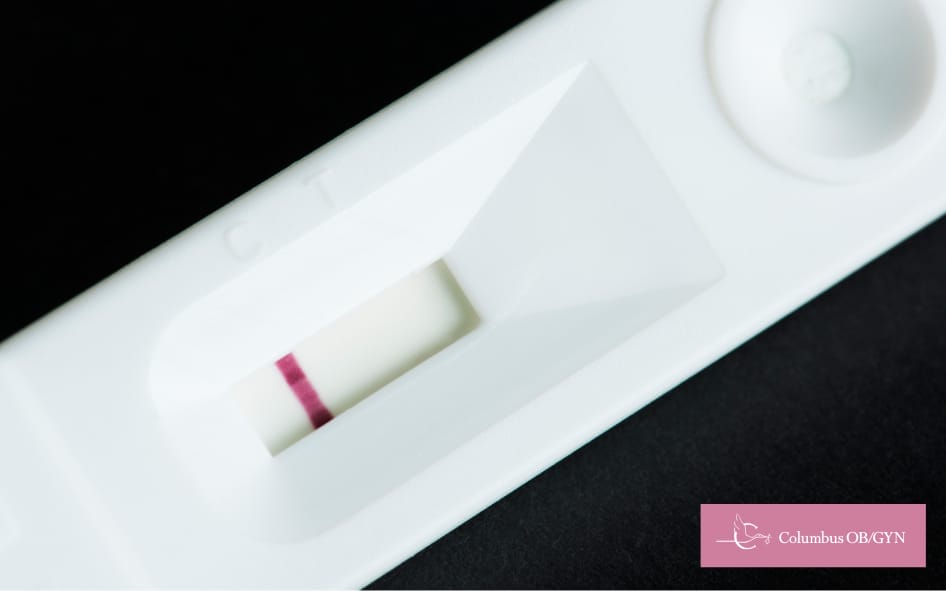
If you’re trying to get pregnant, you might be wondering whether uterine fibroids could be standing in your way. The short answer? Yes, fibroids can cause infertility in some cases. But the relationship isn’t black and white—it depends on where your fibroids are located, how big they are, and how many you have.
Uterine fibroids are noncancerous growths made of muscle and fibrous tissue that develop in your uterus. They’re also called myomas or leiomyomas. These growths start when a single muscle cell in your uterine wall begins multiplying out of control, eventually forming a firm, round mass.
Fibroids can be tiny—smaller than a pea—or massive, sometimes growing as large as a grapefruit or even bigger. They can show up in different spots, too. Some grow just under the inner lining of your uterus (submucosal), others develop within the muscular wall itself (intramural), and some form on the outer surface (subserosal).
Where your fibroids are located matters a lot. It’s the difference between having symptoms or not, and whether they’ll mess with your fertility.

Here’s something that might surprise you: up to 80% of women will develop fibroids at some point. That’s four out of five women. Many don’t even know they have them because fibroids often don’t cause any symptoms.
You’re more likely to develop fibroids as you get older, especially in your 30s and 40s when estrogen levels are higher. African American women face a higher risk and tend to develop fibroids younger than other women. Having a family history of fibroids, being overweight, or never having been pregnant can also increase your chances.
Yes, but here’s the thing—it’s not super common. According to Obstetrics and Gynecology Clinics of North America, published on ScienceDirect.com, about 5-10% of women struggling with infertility have fibroids, and these growths are the only reason for fertility problems in roughly 1-2.4% of cases. That’s still significant if you’re in that group, but it means most women with fibroids can still conceive naturally.
The key is understanding that not all fibroids are created equal. A small fibroid tucked away in a corner of your uterus probably won’t affect your fertility at all. But a large fibroid that’s changing the shape of your uterine cavity? That’s a different story.
Location is everything. Fibroids that distort your uterine cavity or block your fallopian tubes are the troublemakers. Those that don’t interfere with your reproductive anatomy usually don’t cause problems with getting pregnant.
Plenty of women with fibroids go on to have normal pregnancies and healthy babies. Having fibroids doesn’t mean you’re doomed to infertility—it just means you might need to work with your doctor to figure out if they’re causing issues.

When fibroids do interfere with fertility, they can do so in several ways. Understanding these mechanisms helps explain why size and location matter so much.
They change your uterine cavity. Submucosal fibroids that grow into your uterine cavity can completely alter its shape. This makes it tough for a fertilized egg to implant properly. Think of it like trying to plant a seed in rocky soil—the environment just isn’t right for growth.
They block your fallopian tubes. Large fibroids, especially those near where your fallopian tubes connect to your uterus, can squish or block the tubes. This stops eggs from traveling from your ovaries to your uterus. It also prevents sperm from reaching the egg for fertilization.
They mess with your cervix. Sometimes fibroids can change the position or shape of your cervix. This can make it harder for sperm to get through the cervical canal and into your uterus.
They disrupt uterine contractions. Your uterus normally contracts in a coordinated way to help move sperm toward your fallopian tubes. Fibroids can throw off these contractions, making sperm transport less efficient.
They affect blood flow. Large fibroids might change blood flow to your uterine lining. This can impact whether a fertilized egg can implant and develop properly.
While fibroids can impact fertility, remember that many women with fibroids get pregnant without any problems. Your situation is unique, and whether your fibroids will affect your ability to conceive depends on your specific circumstances.
If you’re worried about fibroids and fertility, schedule an appointment with your OBGYN. They can evaluate your individual situation through physical exams and imaging studies if needed. Your doctor can determine whether your fibroids are likely causing fertility issues and discuss treatment options that make sense for you.
Your OBGYN will also look at the bigger picture of your reproductive health. Fibroids might be just one piece of the puzzle. Working together, you can create a plan that addresses your specific needs and helps you reach your family planning goals.
Don’t let a fibroid diagnosis discourage you from trying to conceive. With the right medical guidance, many women with fibroids successfully start families. The key is getting proper evaluation and treatment when necessary.